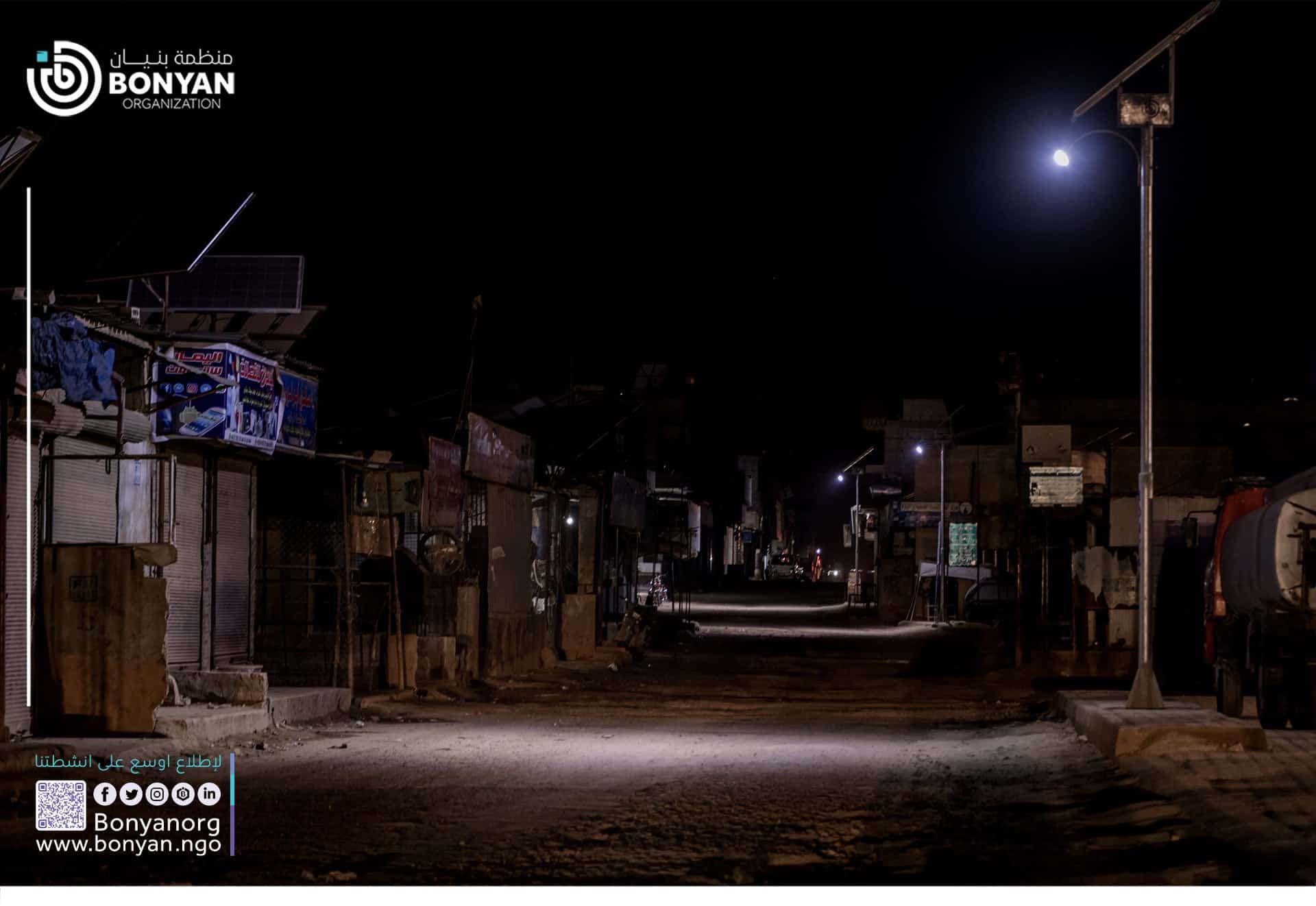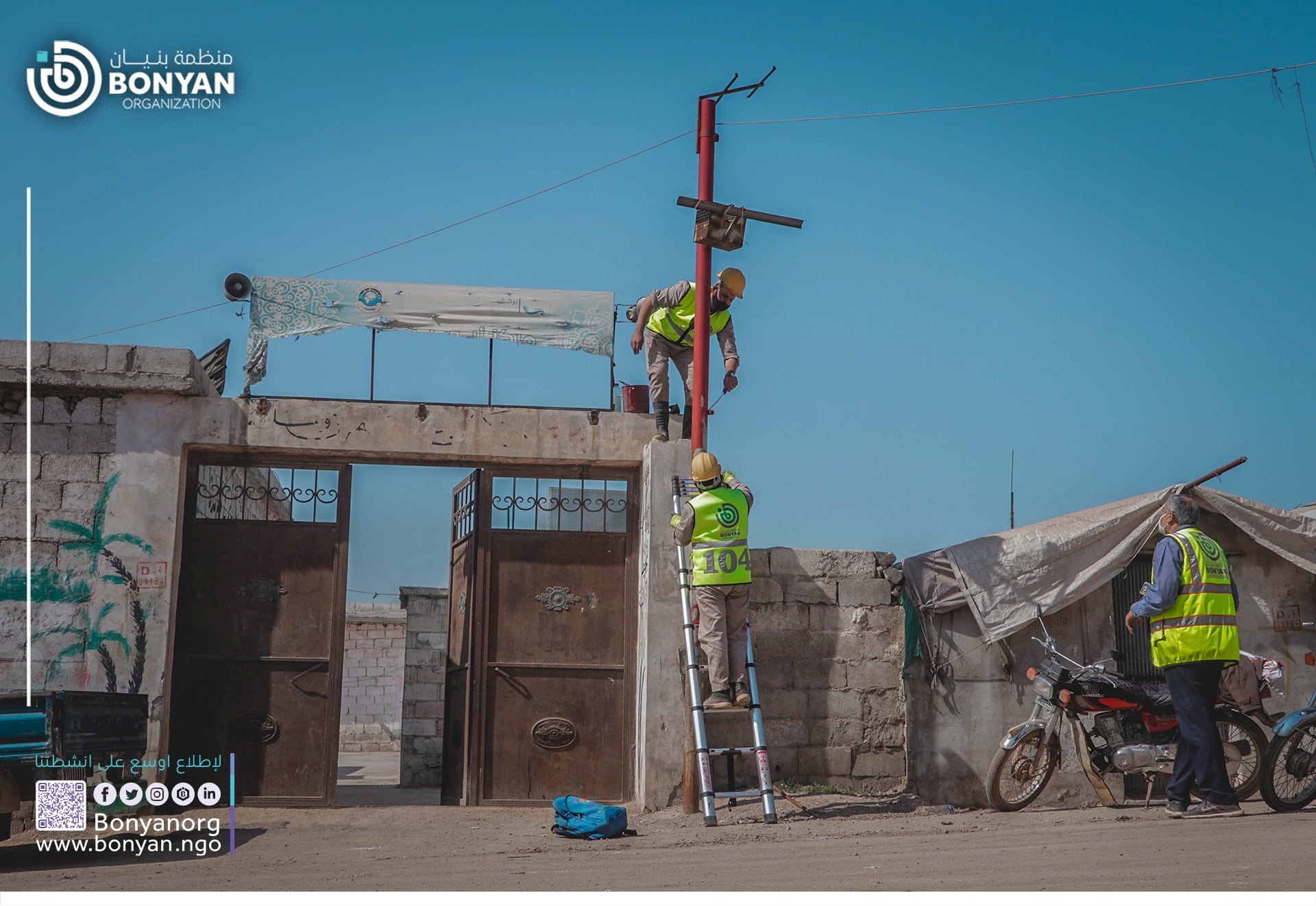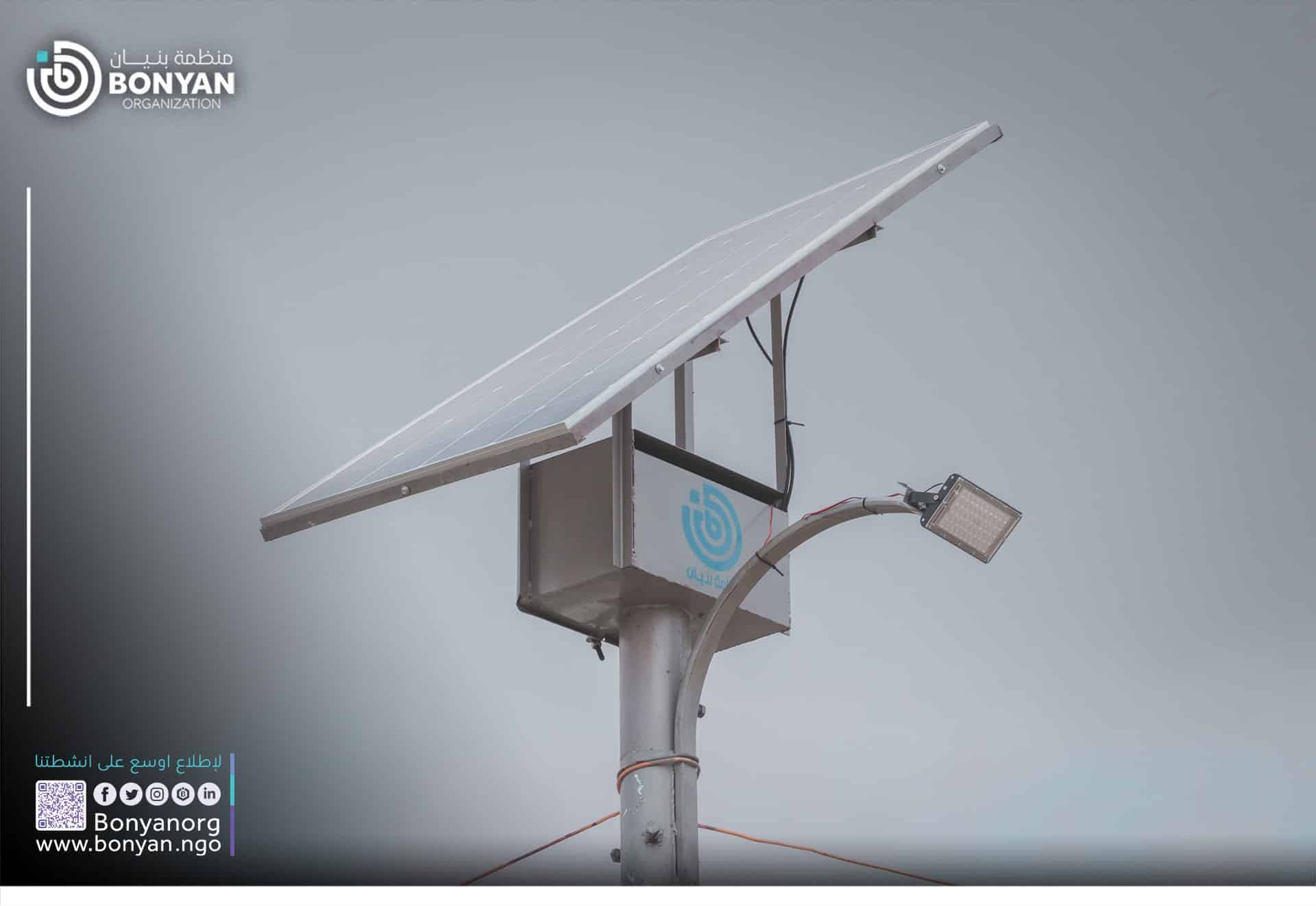Importance Of Green Energy and Solar Panels for Camps
The United Nations High Commissioner for Refugees (UNHCR) reports that there are currently over 25 million refugees worldwide, the highest number ever recorded.
Refugee camps are often located in remote areas with little or no access to electricity.
This can make everyday tasks like cooking, charging phones, and accessing clean water difficult or even impossible.
Solar panels and other forms of green energy can help to alleviate some of these problems by providing a clean and renewable source of electricity.
Green energy can also help to improve the living conditions in refugee camps by providing lighting and powering other essential services.
Energy in Refugees Camps
Most of the refugees in the camps rarely have access to energy sources.
(80%) of the 8.7 million refugees and displaced persons in camps worldwide rely on traditional biomass for cooking and have no access to electricity.
They rely primarily on forests nearby the centers for firewood. As a result, 64,700 hectares of forest are cleared and burned every year in areas near refugee camps.
In most refugee camps, women and children are mainly responsible for collecting firewood, and in many cases, they travel up to 20 km into unsafe areas to collect firewood.
This could lead to sexual assault and robbery among women and children while collecting firewood.
In most cases, the women and children do not report the sexual assault as they are afraid of social stigma and further persecution by the police and the local security authority.

How Refugees in Camps Get Energy Needs
People in refugee camps often struggle to find ways to meet their energy needs.
Some people try traditional methods of gathering firewood and using oil lamps.
However, these methods are not sustainable and can be dangerous.
The refugees collect firewood in order to get heating throughout the winter, but firewood is not always available, so refugees often resort to the camps to collect and burn garbage.
Dozens of children and women in the camps search a nearby garbage dump for the remains of cardboard, old clothes, and shoes to use as fuel for heating, despite the risks involved in igniting them and the toxic fumes they may emit.
It is often the only way refugees can get heating in the winter, but it is not always available.
One solution is solar energy, which has been successfully implemented in refugee camps around the world.
One of the biggest challenges refugees face is access to electricity because they are often located in remote or hard-to-reach areas.
Solar energy provides a safe and sustainable way to provide energy to these camps.
Solar energy offers a reliable, low-maintenance alternative while providing clean energy sources that do not pollute or harm wildlife habitats.

Renewable Energy Is the Solution
- Energy is a major issue for refugees in camps.
- Most of them live in tents and have limited access to electricity.
- There are some ways that can be used to solve the problem.
- One way is to harness solar power.
- It can provide energy for the entire camp or just certain areas of it.
- Solar panels also help with the cost of running electricity generators as they can be provided by solar power companies or individuals who want to donate their unused solar panel power.
- The main problem with using solar panels is that they are not readily available, and not everyone has access to them.
- Improving access to a clean, sustainable energy source can transform the lives of vulnerable people, as it can help power health centers and ensure that life-saving medicines are cooled.
- Street lights also allow people to move around the camps more safely at night – especially for women and girls – while solar-powered lamps enable people to work, cook, study, socialize, and generally carry on with their lives after the sun goes down.
- Through clean and sustainable fuels or fuel-efficient technologies, refugees are able to cook their own meals, avoiding malnutrition and the health effects they can suffer from using open fires.

There is a growing global recognition that the consequences of climate change and environmental degradation are more acutely affecting the most vulnerable groups of the world’s population and that current energy generation and consumption habits in displacement contexts are not sustainable and need to change.
You Can Help, Donate Now solar panel for Refugees Camps.
Every winter, many people, mostly children, die in the camps as a result of the extreme cold, as there are not always sources of energy to help refugees adapt to their lives in the camps.
We all have a responsibility to do something about this by ensuring that refugees and their host communities have access to clean, renewable energy and by donating to organizations that support refugee camps with access to energy sources to sustain their lives.
By Bonyan Organization, you can donate to save refugees’ lives and be sure that they can have a better life with your donation.
Read More
Youth Refugees’ Difficulties Obtaining Legal Personal Documents
Youth Refugee Difficulties to Get Quality Learning and Education
Discrimination, Racism, and Xenophobia on Youth Refugee



